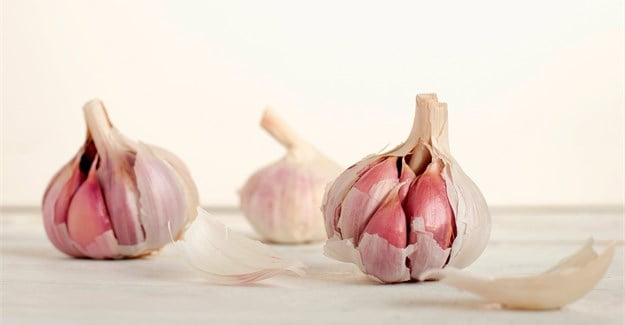Zimbabwean garlic farmers have been urged to increase exports riding on the growth of the global market, which has expanded to US$2,48bn from US$500m in the past two decades, according to ZimTrade.
The national trade development and promotion organisation said the number of local smallholder farmers with the potential to export has grown exponentially over the past few years. “Currently the interest generated by smallholder farmers, regardless of land size, is an indication that they have the potential to contribute more to national exports.
“What is now crucial is identifying crops that are relatively high value and can be produced by smallholder farmers on a commercial scale. Garlic is one of these,” said ZimTrade in a statement.
Garlic is easy to grow and can be produced in most parts of the country.
It is less complicated in terms of crop management, compared with other high-value crops, ZimTrade advised. Capacity development will need to be considered as the horticulture sector is one of the priority areas identified by the National Export Strategy, launched by President Emmerson Mnangagwa in 2019.
Given the growing global demand for healthy food to combat the Covid-19 pandemic and chronic diseases, local farmers should take advantage of this, ZimTrade added.
Local farmers will find penetrating regional markets easy, considering that Zimbabwean climate conditions are favourable for agricultural produce that is considered to have more quality compared to competitors.
There’s so much more to it
“Apart from exporting garlic as raw bulbs, there are opportunities to add value and manufacture products such as garlic powder, to mix it with salt to produce garlic salt, or to manufacture garlic oil, which some of our small to medium enterprises (SMEs) are exporting to Botswana.”
Pickled garlic, garlic sauce, garlic vinegar, and garlic insecticides are other value-added products that local farmers can consider.
According to Trade Map, last year the top importers of garlic were Indonesia (US$530m), Brazil (US$225 million), United States (US$200m), Malaysia (US$119m), Russian Federation (US$76m), Bangladesh (US$75m), and Germany (US$70m).
The United Kingdom imported garlic worth US$61 million, Pakistan worth US$58m, Italy US$55m, France US$55m, United Arab Emirates US$52m, Saudi Arabia US$52m, and the Netherlands worth US$51m.
Total global imports of garlic grew by US$367m in 2019, from US$2,1bn recorded the previous year. In 2019, total quantities imported around the world stood at two million ton.
“For Zimbabwe, figures available on Trade Map indicated that exports of garlic have been insignificant over the past few years, despite the potential to supply and dominate in regional and international markets,” said ZimTrade.
From the top importers, local farmers have a shot at markets already taking Zimbabwean produce, which could provide a springboard for exporting garlic. Such markets include Indonesia, the Netherlands, the United Kingdom, and the United Arab Emirates.















